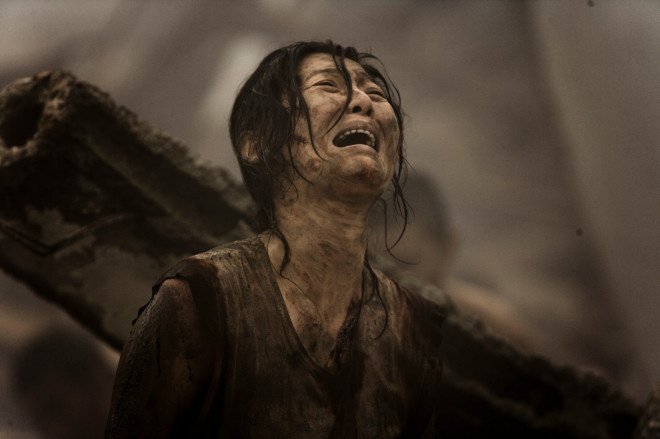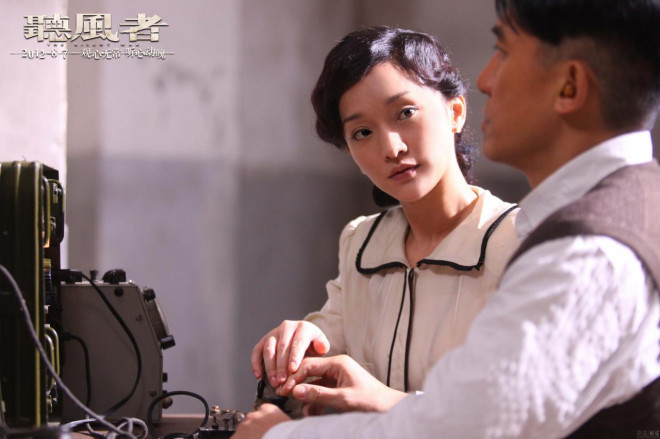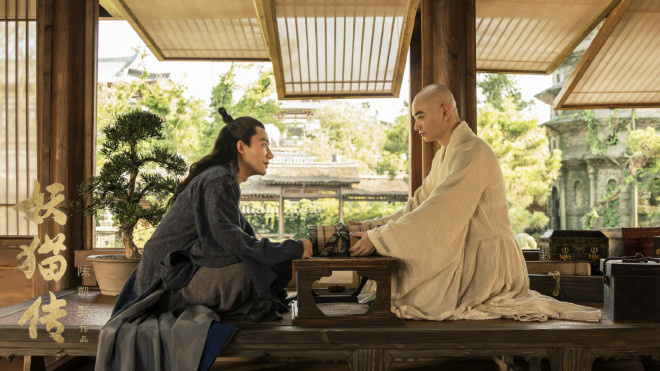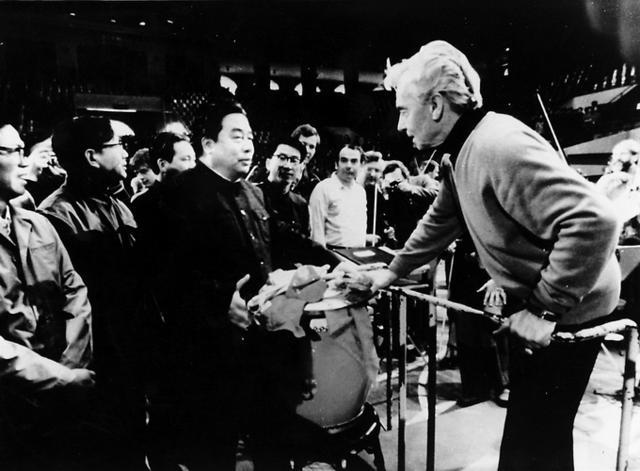The reporter made an unannounced visit to Dongguan Sauna Hotel for a special car transfer.

Pink lights filled the room, and more than a dozen "little sisters" wore thin clothes for the "guests" to choose from.
Recently, the reporter found on the Internet that a large-scale advertisement of "carpooling and whoring" appeared on the website named "Sauna Nine Sisters". The website showed that many Dongguan sauna hotels released various "ISO club services for sex", and pornographic services and prices with various characteristics of ladies in hotels were played on the Internet. At the same time, cars could be organized to pick up cars and deliver them to your door.
Is it true that these pornographic activities openly recruit "guests" on the Internet? In order to know the truth of the incident, the reporter made an unannounced visit. Shuttle guests to "whoring"
At 7 o’clock last night, according to a contact number on the Internet, the reporter got through to a "manager Wang" phone. The reporter claimed to be a "guest" who came to Shenzhen from the mainland and asked if there was really a car to pick up people to "play" in Dongguan. On the phone, "Manager Wang" immediately promised to do so, and said that someone would contact the reporter in ten minutes. Sure enough, within 10 minutes, a strange phone call came, saying that "Manager Wang" told him to pick someone up in Dongguan.
In order to find out the truth, the reporter decided to follow up.
At 8 o’clock in the evening, the reporter took a taxi to the door of a hotel mentioned by "Manager Wang". Sure enough, a car had already stopped there waiting for the two reporters. The reporter asked the driver and got on the white car. On the bus, the driver said that he would pick up two other "Hong Kong guests" from a hotel near Meilin Pass to go to Dongguan.
Half an hour later, the reporter’s car came to the door of another hotel at Meilin Pass and picked up two "Hong Kong guests" to "carpool" with the reporter.
Less than 9 o’clock, the reporter and the "Hong Kong guests" got on the Dongguan-Shenzhen Expressway and headed for Dongguan. Nearly 100 people were "soliciting" in two days on weekends.
On the highway, the reporter asked the driver about the situation. The driver told the reporter: "We are a motorcade with about 20 cars. Many hotels in Dongguan have signed contracts with us, and we are responsible for picking up’ guests’ from Shenzhen and surrounding areas every day. We have to run a few times a day, usually there will be fewer people. On weekends, we have to run more than a dozen times. At most, we have to pick up nearly 100′ guests’ a day. "
The driver said that this "carpooling" service has been available for two years, mainly for the convenience of mainland tourists visiting Shenzhen and Hong Kong guests who have visited Shenzhen. "Many people want to come to Dongguan to play because they can’t find a place and there is no inconvenient traffic. Therefore, several hotels in Dongguan organized our vehicles to launch this kind of’ pick-up’ service after discussion. As long as you are in Shenzhen, no matter when and where, as long as a phone call, we can pick up and drop off at once, starting from Shenzhen and 120 yuan will go back and forth. " "Our little sister changes quickly."
After more than an hour, the car came to the door of a hotel somewhere in Dongguan. The driver called Lu Mou, the director of hotel service, and a polite young man greeted us at the door in a moment.
Subsequently, the reporter and the "Hong Kong guests" were welcomed into a "draft" room on the fifth floor of the hotel by Lu. The room was filled with pink lights, with a large frustum in the middle and several steel pipes leading straight to the ceiling.
The reporter asked Lu, are those "little sisters" seen on the Internet there? Lu said: "Our’ little sister’ here has changed very quickly, and they are all newly recruited. The online’ little sister’ has long been eliminated by us."
After the reporter sat down, a man in a black suit next to him said with a walkie-talkie, "There are guests, please prepare." In a short time, a dozen "little sisters" filed in wearing all kinds of thin clothes, swinging their waists from time to time, winking and teasing the "guests" present.
The service manager sitting by kept introducing the characteristics of "little sister" to the "guests". The reporter saw that the two "Hong Kong guests" who "carpooled" with the reporter selected the "little sister" and were taken back to their rooms by the "little sister".
The reporter said that the "little sister" here was not beautiful enough to find a beautiful woman on the internet, and then pretended to answer the phone and said that Shenzhen had something urgent to do and left the hotel. conversation
"Our ‘ISO service is absolutely safe"
Reporter: "Brother Lu, are there many people who carpool from Shenzhen?"
Lu Mou: "Brother, to tell you the truth, there is almost no room on Saturday and Sunday, so I privately suggest that it is most appropriate for you to come over from Monday to Thursday."
Reporter: "It’s our first time here, and I’m afraid there will be a police raid on the way."
Lu Mou: "Please put a hundred hearts, our’ ‘ISO service’ is absolutely the highest quality and the safest, so just have fun."
Jing Bao reporter/article, map
(Editor: Han Qian)
















